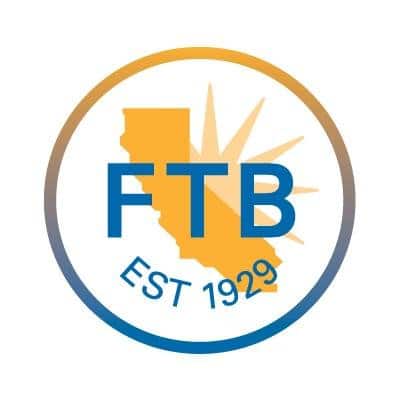
California Franchise Tax Board
The Eagles famously sang in their hit Hotel California, “You can check out any time you like, but you can never leave.” The Eagles never gave an explanation as to what the cryptic lyrics of Hotel California truly meant. Fans gave various theories ranging from the song being about the excesses of the entertainment industry or it being about a psychiatric hospital. We would posit that perhaps the band wrote the lyrics when they saw their California Franchise Tax Board returns.
California State Income Taxes
California is of course a beautiful state that we are proud to call home. However, it is not a utopia. California has its fair share of problems including fires, traffic, and some of the highest taxes in the United States. California residents must pay California income tax on all their income, regardless of whether the income came from sources within California. Many Californians ponder leaving the state to avoid taxes. However, avoiding the reach of the California tax laws is easier said than done.
One way a California resident can avoid paying taxes in California is by making a “clean break.” This would mean leaving the state forever and completely uprooting themselves from the state by disposing of any property they may have in the state and by ceasing any business activities they have in the state. For many Californians, a clean break is not practical. Even if such a clean break were feasible, they could still face potential California taxation for stock options they earned or exercised while a California resident.
Californians, with businesses or property in the state, who contemplate moving to another state may not wish to give up their California businesses or properties. A person that moves out of state will nevertheless have to pay California income tax on any income earned within California. This taxable income includes rental income from property in California, income from businesses located in California, and income derived from services performed in California. People that decide to leave the state for tax purposes may not gain much in tax savings if much of their income comes from California.
Californians contemplating leaving the state may wish to periodically come back to California. Some for occasional short visit but others may wish to spend several weeks or months a year in California. While there is no hard and fast rule as to how many weeks or months a year a person can spend in California before they are considered a California resident, there is a possibility the Franchise Tax Board may consider you a resident once again.
In any given tax year, it is possible for a person who never sets foot in California to be considered a California resident. On the flip side, it is also possible, although highly unlikely, that someone spending nine months or more months a year inside California may not be considered a California resident. Generally, California will classify visitors non-residents if their presence in the state is for a “temporary or transitory purpose.”
Seasonal visitors and tourists can be in California for a “temporary and transitory purpose.” However, if you enter the state with no definitive plans of leaving, such as coming to the California to recover from an illness or for a long-term business engagement, you may not be considered in the state for a “temporary and transitory” purposes and thus be classified a California resident.
Physical presence (or lack thereof) is an important factor in determining whether an individual is a California resident for tax purposes. However, it is not the only thing the law looks to in determining whether a person is a California Resident. To be a non-resident, one must establish domicile in another state. The law looks to where a person is registered to vote, where they register their vehicles, involvement in social clubs, and where their children attend school, and other factors to determine where a taxpayer is domiciled. For example, a person registered to vote in Nevada, who has children attending schools in Nevada, who is a member of a country club in Nevada, and is active member of a Nevada house of worship is more likely to be considered domiciled in Nevada than someone who has not established any ties with the state of Nevada.
As the COVID-19 pandemic marches on, the State of California is more cash strapped than ever. If you are contemplating leaving California, you should consult with a tax professional concerning your tax obligations to the state before you legally “check out” of Hotel California.
Published by Joe Cole

Leave a Reply